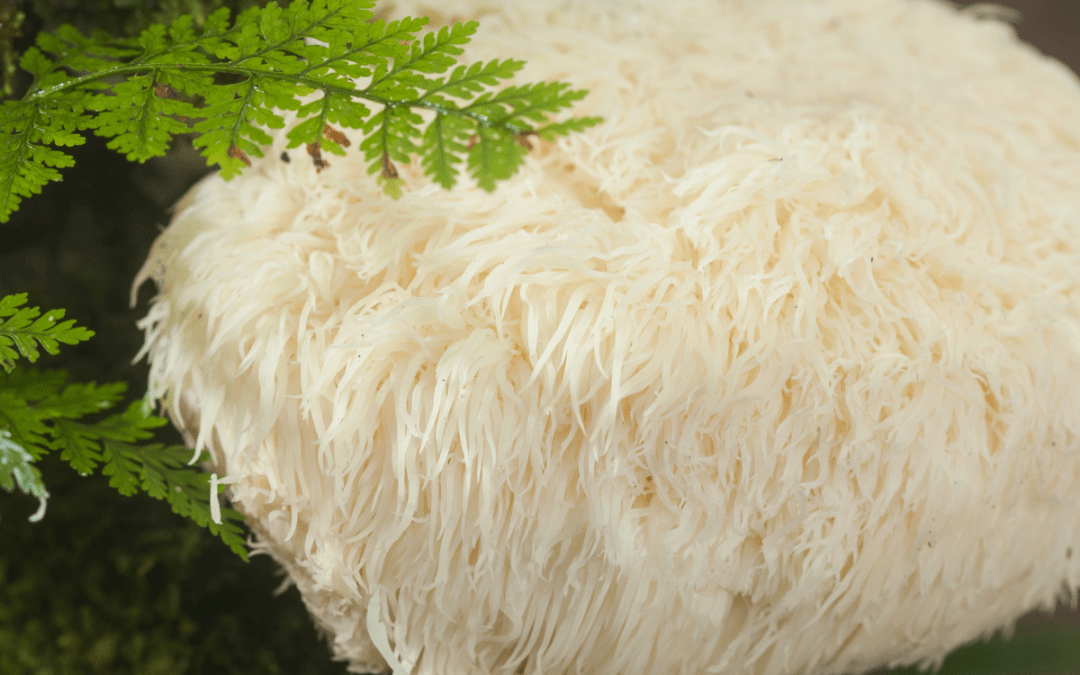The Magic of Medicinal Mushrooms
This week I wanted to speak a little about medicinal mushrooms, something I have always had a fascination with, but my interest was recently piqued by our free webinar series which I ran with Mycotherapist Romina Melwani last month. If you are a member of NCIM you can watch back this fascinating webinar (and all of our back catalogue of webinars) whenever you would like from the members section of our website.
Medicinal mushrooms offer a host of health benefits, making them a valuable addition to anyone’s wellness routine. I don’t, however, tend to advocate blindly supplementing anything and would recommend patients to speak to someone qualified such as an Integrative Doctor or a Nutritional Therapist trained in myotherapy especially if you have a health condition or are on any medication.
However, perhaps at not such a high therapeutic dose as a supplement, medicinal mushrooms can still easily and safely be included in your meals and are nutrition powerhouses! Why not experiment with Reishi or Shiitake mushrooms – also easily available from supermarkets and known for their immune boosting qualities.
Reishi (G. Lucidum) one of the most studied mushrooms, is known for its adaptogenic properties, which means it is great at helping the body and mind adapt to stressors. It’s also great for helping with sleep and supporting anti-ageing as it is a powerful antioxidant. Reishi is known as “the king of medicinal mushrooms” and is often used therapeutically to help those with compromised immune systems.
Reishi (Ganoderma lucidum) – Power Benefits & Nutrients | Hifas da Terra
Shiitake (L. edodes) is the second most widely consumed mushroom globally. It’s also well-known for its therapeutic properties and often also used to support the immune system. It is known to be a natural aphrodisiac, and has anti-cancer properties as it contains a large amount of beta-glucan lentinan which has a long history of being used for cancer treatment in Japan. It’s also been proven to lower inflammation by reducing inflammatory molecules, so a very good option for people with inflammatory conditions such as arthritis, gout and IBD. Supplementation has also been shown to be neuroprotective and help with cognitive impairments in certain studies:
Lion’s Mane (Hericium Erinaceus) is another well studied mushroom which is edible or you can supplement with. There are a lot of studies into how this can improve cognitive functions or be used as dementia prevention in later life:
Improvement of cognitive functions by oral intake of <i>Hericium</i><i> erinaceus </i> (jst.go.jp)
A few of us here at NCIM take Lion’s Mane regularly to help with menopausal symptoms including brain fog and memory issues, sleep problems and mood swings, and find it incredibly helpful.
Overall, I would highly recommend incorporating medicinal mushrooms into a balanced diet or as supplements (with professional guidance) as they can be a natural way to promote overall health, strengthen the immune system, and potentially mitigate various health concerns. Whilst the medicinal mushrooms I have spoken about are very safe to eat, I would also urge someone with a serious health issue or on regular medication to use moderation before incorporating these daily into your diet just in case they do interact or cause any gastrointestinal upset which they may do if consumed in large amounts.
Remember, if you are a member of NCIM’s Society for Integrative Healthcare you also receive the benefit of discount from two very well respected mushroom supplementation companies: 10% off Hifas da Terra and 15% off The Bristol Fungarium.
Dr Elizabeth Thompson


